NLP Master Practitioner is the second level of NLP training and is designed to provide both an advanced set of tools for creating customised techniques and modelling high performance and a personal experience of change through awareness of the habitual patterns which drive our behaviours. This level of training is designed to integrate NLP's techniques with other professional practices such as coaching and counselling, and also gives you the tools to create new content and techniques for yourself by modelling the intuitive behavioural patterns of high performers in any field.
The origin of NLP is the modelling of intuitive talents, those unconscious patterns which create the behaviours of high performers. When Bandler and Grinder created NLP in the early 1980s, they modelled outstanding personal therapists, and you can just as easily model high performers in the fields of leadership, sales, customer service, sport, the arts, or any other walk of life.
Becoming a NLP Master Practitioner requires that participants meet the certification criteria defined by the licensing organisation. In the case of the Society of NLP, those criteria can be downloaded here. You will acheive these required standards by practicing the NLP Master Practitioner princlples and being open to experiencing the process of change for yourself. At Practitioner level, that simply meant being open to changing your experience of events in your life which continue to cause problems. At Master Practitioner level, this means being aware of, and open to, the habitual patterns which drive your behaviours. Some of those behaviours will make you feel successful and proud, otherwise will make you feel less good about yourself. One of the basic concepts of NLP is that it is not our behaviours which are right or wrong, it is the alignment between our behaviours and the environment that we're operating within. In Master Practitioner training, we look not at behaviours but at the perceptions and mental processes which drive both them. We see behavioural patterns not as good or bad but simply as interesting.
The full content of the Genius Master Practitioner training can be found in The NLP Master Practitioner Manual, plus much more information, additional exercises and case studies of real modelling projects.
The format of NLP Master Practitioner training is not common for all training organisations,and the majority of trainers teach Master Practitioner as an extension of Practitioner, simply with more complex techniques. Pre-packaged techniques are, by definition, Practitioner level, and add nothing to the student's understanding of NLP. This Genius Master Practitioner training teaches the basic principles by which Practitioner techniques were created, enabling students to design and refine their own tools and techniques, and to model and replicate the talents that make high performers successful in whatever they do.
There is no specific work in between the modules, it's just to make the logistics easier for students and to give time to reflect and practice for those who prefer that. I would suggest reading the manual, and practicing language analysis. One way to do that is in the Facebook group: https://www.facebook.com/groups/nlpmetamodel/
The assessment comprises a modelling exercise. You will choose a skill that you are interested in, interview 3 people, cross reference and abstract what you have discovered, create an installation for one or more people and then demonstrate that installation, with evidence that you have installed the skill, usually through some kind of practical test.
For example, in previous groups, skills modelled have included how to remember names, how to choose what to pack in a suitcase, how to plan a project, how to make a decision that you feel good about, how to keep going when you want to stop, how to choose ingredients in cooking that go well together, how to keep on time, how to keep your house tidy, and how to make a cheese sandwich. All were fascinating!
Here is the detailed course agenda for the Genius 8 day NLP Master Practitioner training.
|
1 |
Welcome and framing Simulation Theory Outcomes for this course * Models Surface v deep structure Rituals and Incantations |
|
1 |
Eye Accessing Stimulus Response Anchoring TOTE Strategies Meta Model course goals * |
|
2 |
Meta Model 1 Strategies Rules, Beliefs, Strategies Custom interventions |
|
2 |
Meta Model 2 Complex strategies |
|
3 |
Meta Model 3 Misdirection and discomfort |
|
3 |
Meta Model 4 Group mind modelling |
|
4 |
Outcome as direction Testing and comparisons |
|
4 |
Conversational change Linguistic analogues of NLP techniques Mapping rules in conversation |
|
5 |
Custom interventions |
|
5 |
Performance Presenting information |
|
6 |
Rapport Congruence Incongruence |
|
6 |
Modelling Testing Group mind modelling |
|
7 |
Distillation Installation Group mind modelling Custom technique design |
|
7 |
Meta Model Practice |
|
8 |
Briefing Certification criteria Assessment sessions |
